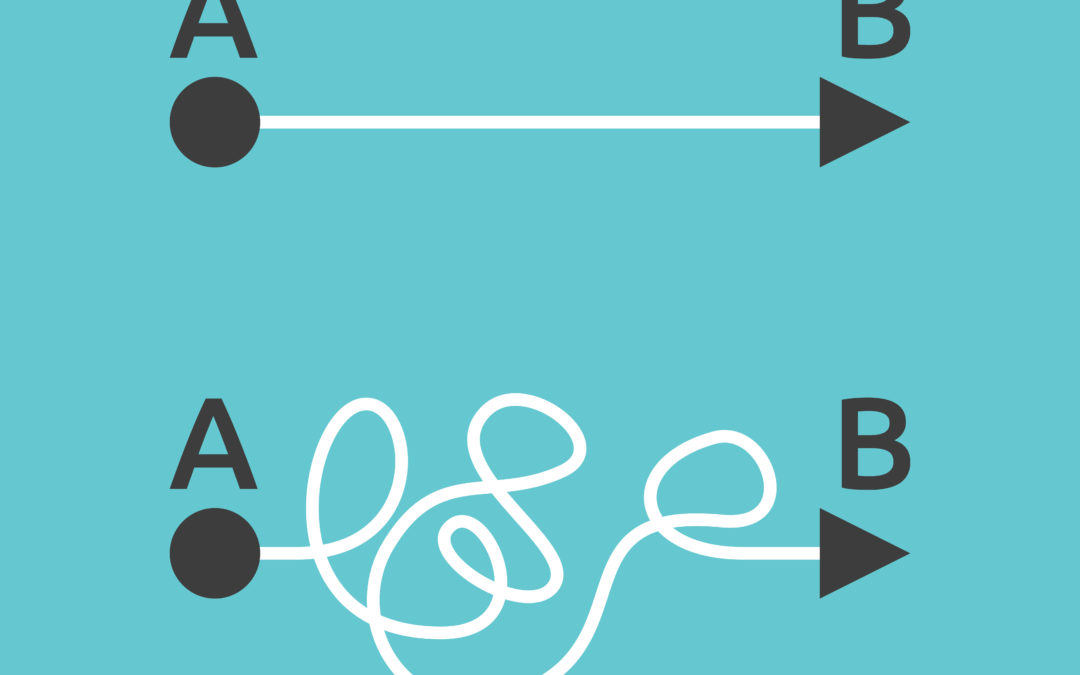
by Erica L. Meltzer | Nov 13, 2017 | ACT English/SAT Writing, Blog, GMAT
“Clause” is one of those terms that gets thrown around a lot in discussion about grammar. It’s one of those words that students often hear but whose meaning they tend not to be 100% sure of.
It’s certainly possible to study for the SAT®/ACT®/GMAT® without knowing the exact definition of a clause, but understanding what clauses are and how they work can make things a whole lot easier. (more…)
by Erica L. Meltzer | Oct 21, 2017 | Blog, GMAT, Grammar (SAT & ACT)
As part of my attempt to make thecriticalreader.com the official repository of all things related to SAT, ACT, and GMAT grammar, I’ve posted lists of preposition-based idioms for those tests. (For now, they’re the same as the ones in my SAT, ACT, and GMAT grammar books, but I will update them if I come across additional tests with other examples.)
For SAT/ACT idioms, click here.
For GMAT idioms, click here. (more…)
by Erica L. Meltzer | Jun 24, 2017 | Blog, GMAT
For those of you looking for a condensed version of key things to know for the Sentence Correction portion of the GMAT, I’ve posted a Cheat Sheet in the GMAT study guide.
20 simple tips to help keep you focused on the most important information and spot right/wrong answer more quickly and easily.
I’ve also posted a few additional articles in the GMAT section recently.
Parallel structure with “that” (a frequently overlooked favorite GMAT concept)
An in-depth discussion of how to use “which” along with a separate article simplifying “which vs. that”
And the ever-popular burning question of when to use “because” vs. “due to” (more…)

by Erica L. Meltzer | Jun 17, 2017 | Blog, GMAT
When it comes to GMAT grammar, it can be helpful to distinguish between those idioms whose use is tested (that is, ones that may be presented in either correct or incorrect form) and idioms whose misuse is tested (that is, ones that are almost always used incorrectly when they appear). Due to offers an excellent case in point. (more…)

by Erica L. Meltzer | Mar 16, 2017 | Blog, GMAT, The Mental Game
In an attempt to better understand the grammatical issues that students studying for the GMAT typically find most challenging, I’ve started — belatedly, I admit — dipping a toe into the Sentence Correction forums on beatthegmat and gmatclub.
The experience is something I can only describe as a flashback to the days when I used to read students’ obsessive parsing of SAT grammar questions on College Confidential. I don’t dispute that there’s a lot of helpful information, and some really outstanding analysis, but a lot of what I read also makes me want to bury my head in my hands and groan.
To be fair, many of the students posting are not native English speakers, or come from countries where the English spoken is sufficiently different from standard American English that what’s on the GMAT might as well be a foreign language. That’s a huge challenge, and I’m not denying that. (more…)

by Erica L. Meltzer | Jan 29, 2017 | Blog, GMAT
When it comes to the GMAT, idiom questions seem to cause a disproportionate amount of anxiety.
To some extent, this is understandable. English is filled with idioms: fixed phrases that, by definition, are what they are for no other reason than that the language evolved a particular way. There is no logical reason that insist on is correct while insist at is not. And for ESL students, the sheer number of these phrases can seem overwhelming.
The reality, however, is that “pure” idioms are simply not that much of a focus on the GMAT. There are, of course, certain idioms that you absolutely need to know; however, the fact that two answers might contain the phrase research on while three others contain research into does not necessarily mean the only way to answer the question is to know which preposition the GMAT considers correct. (more…)



